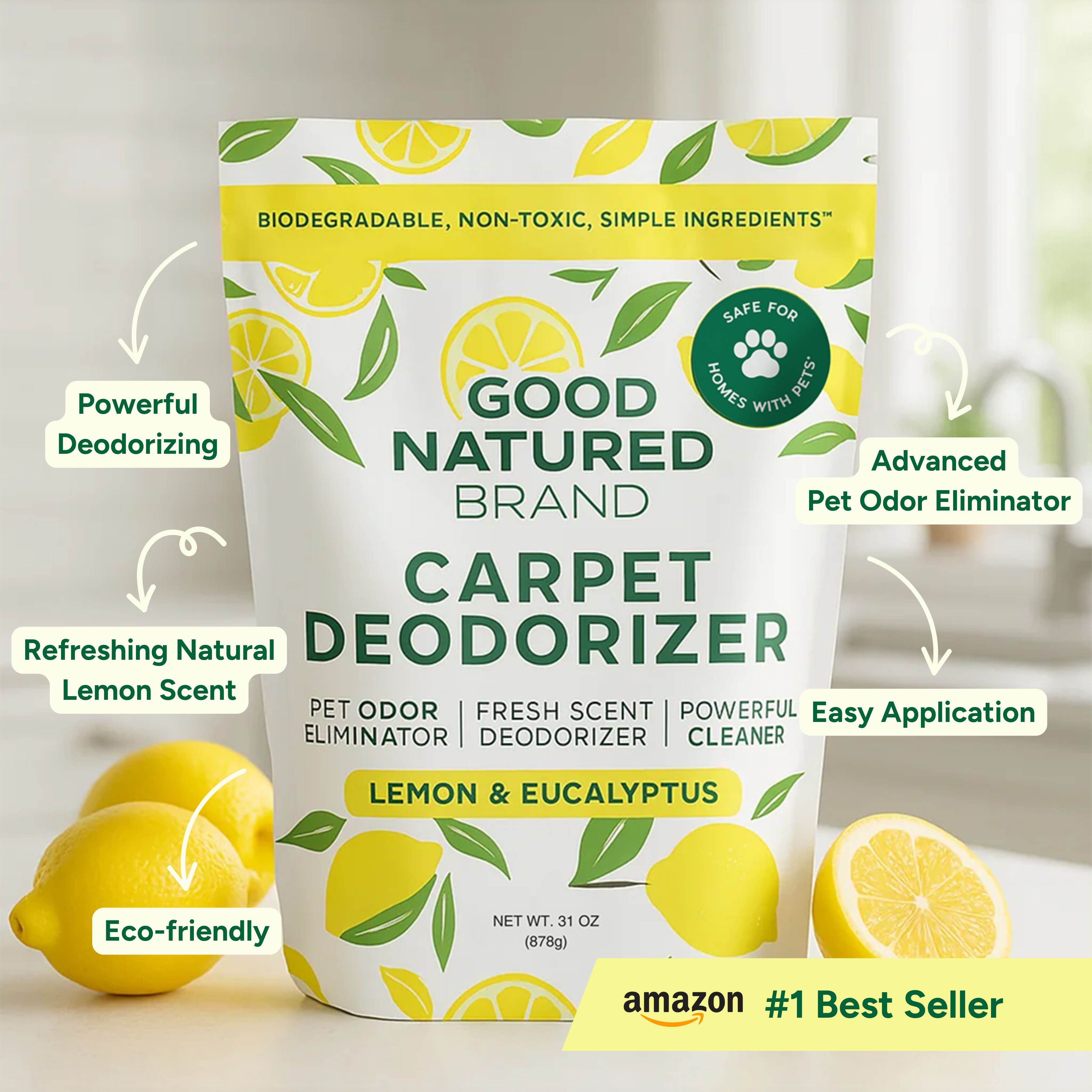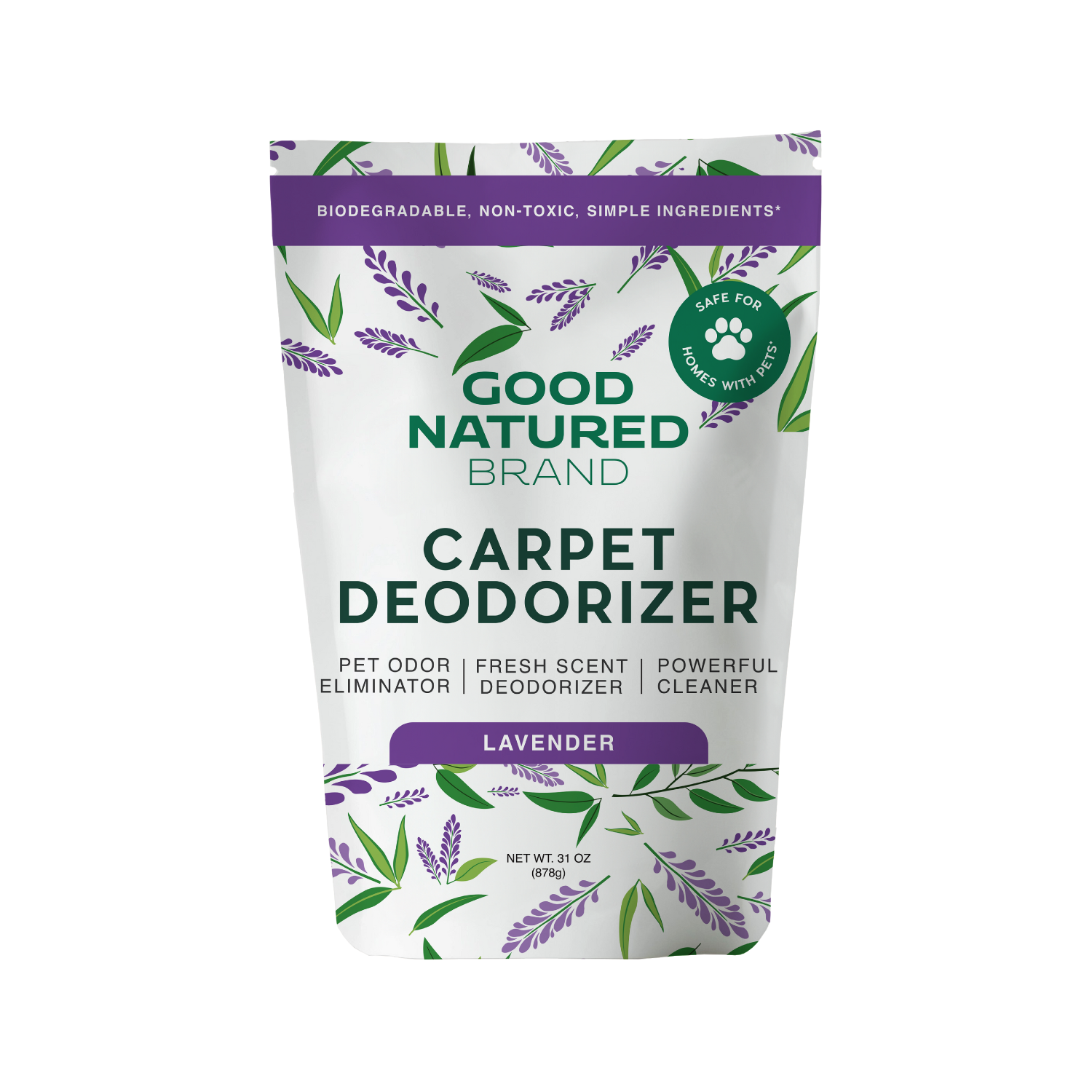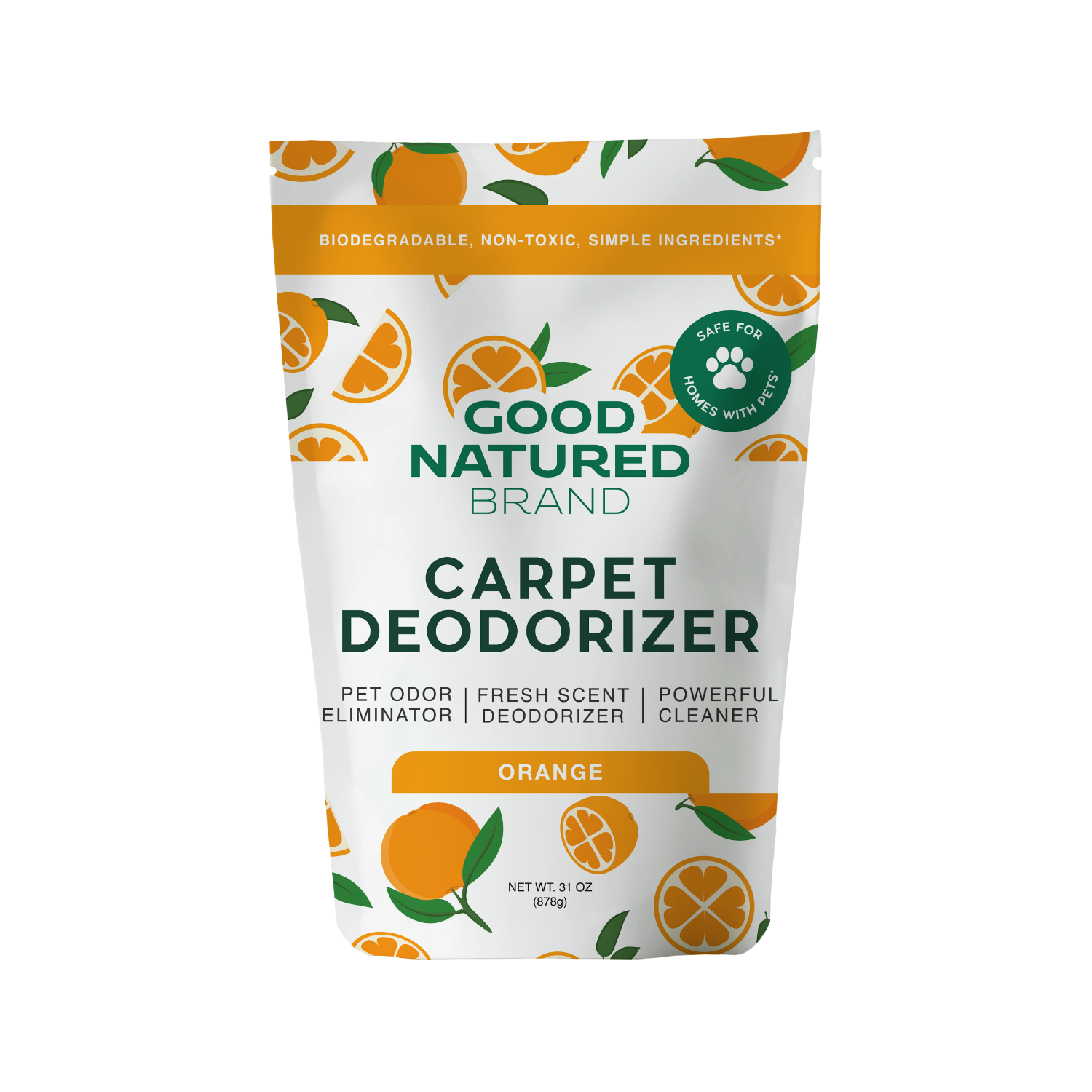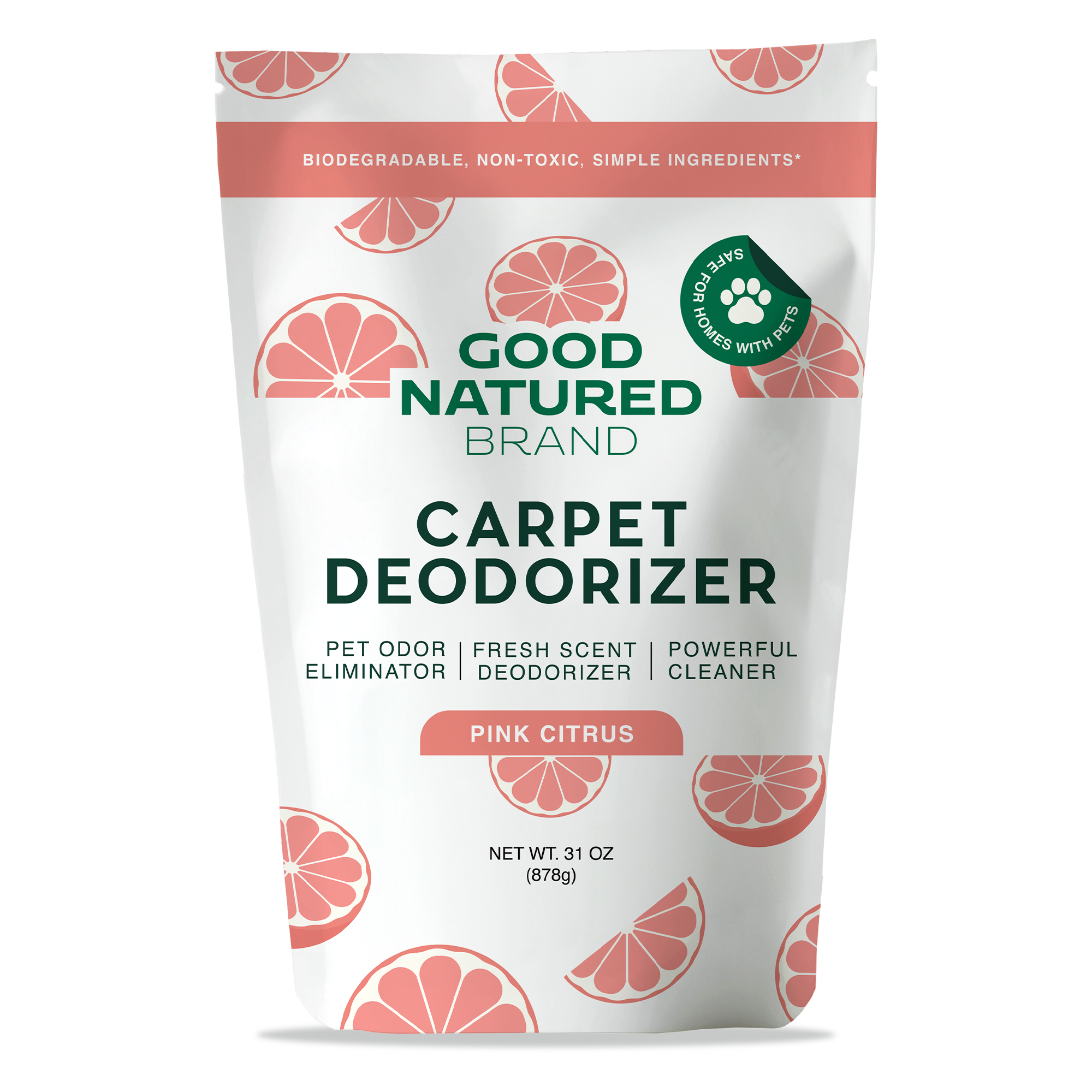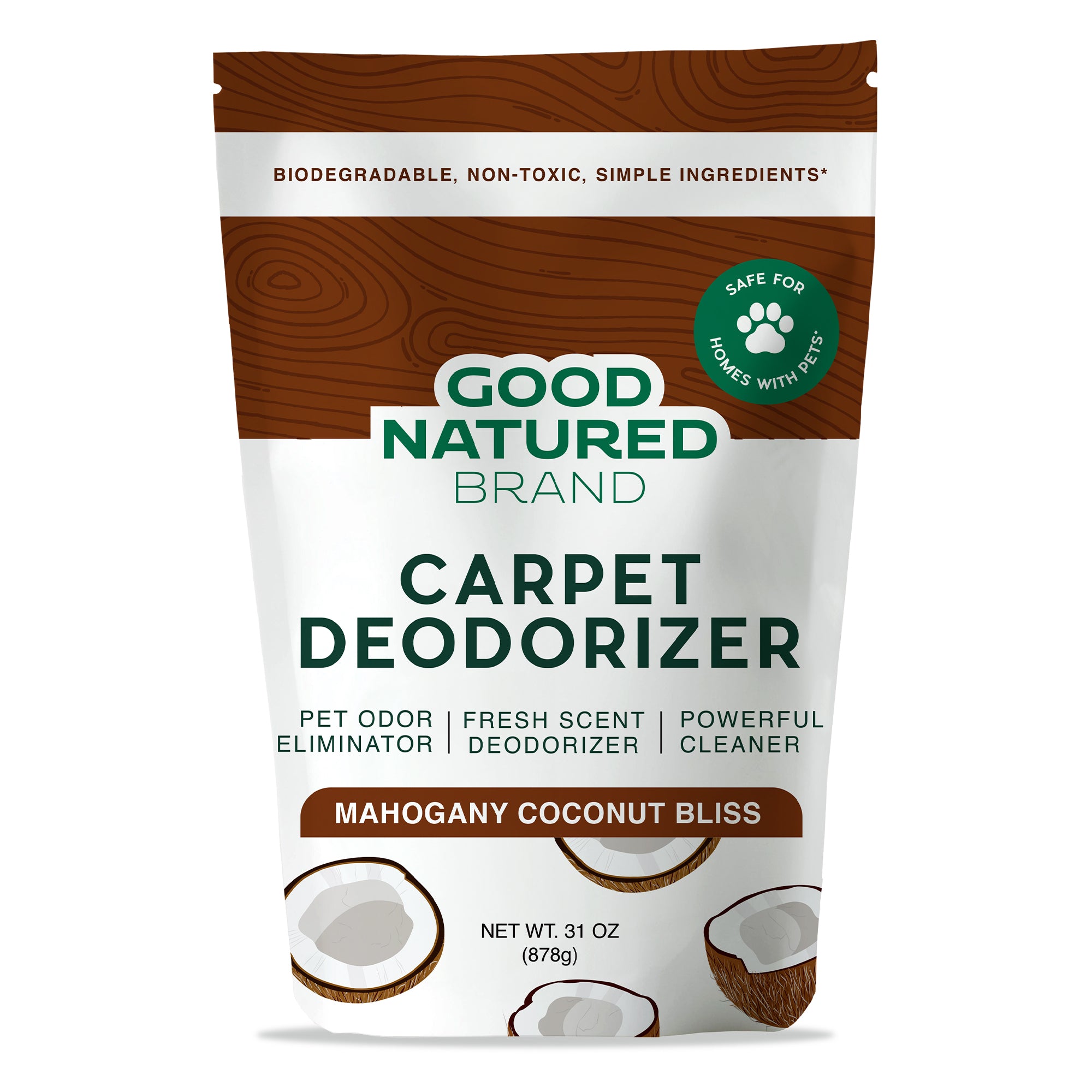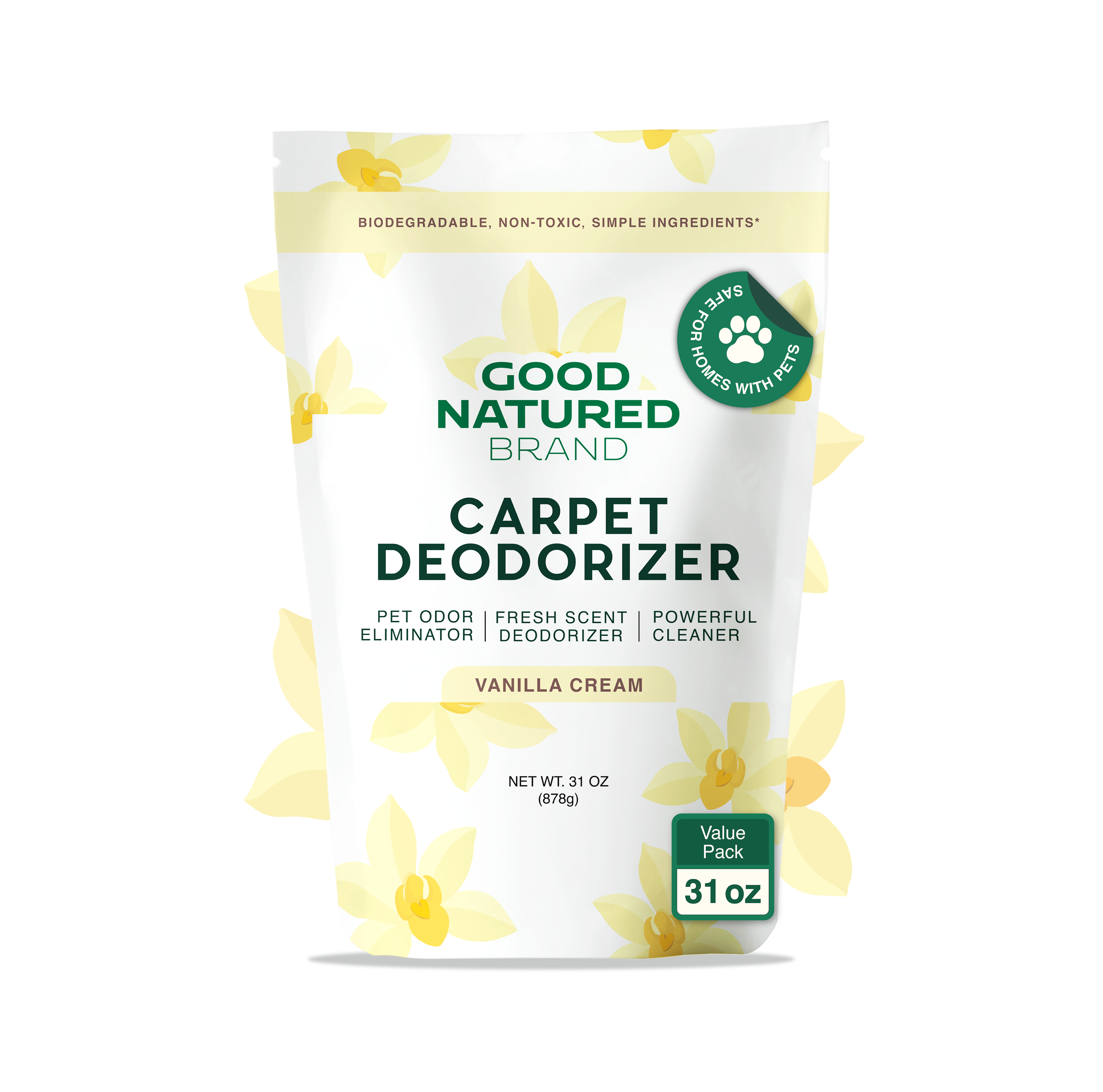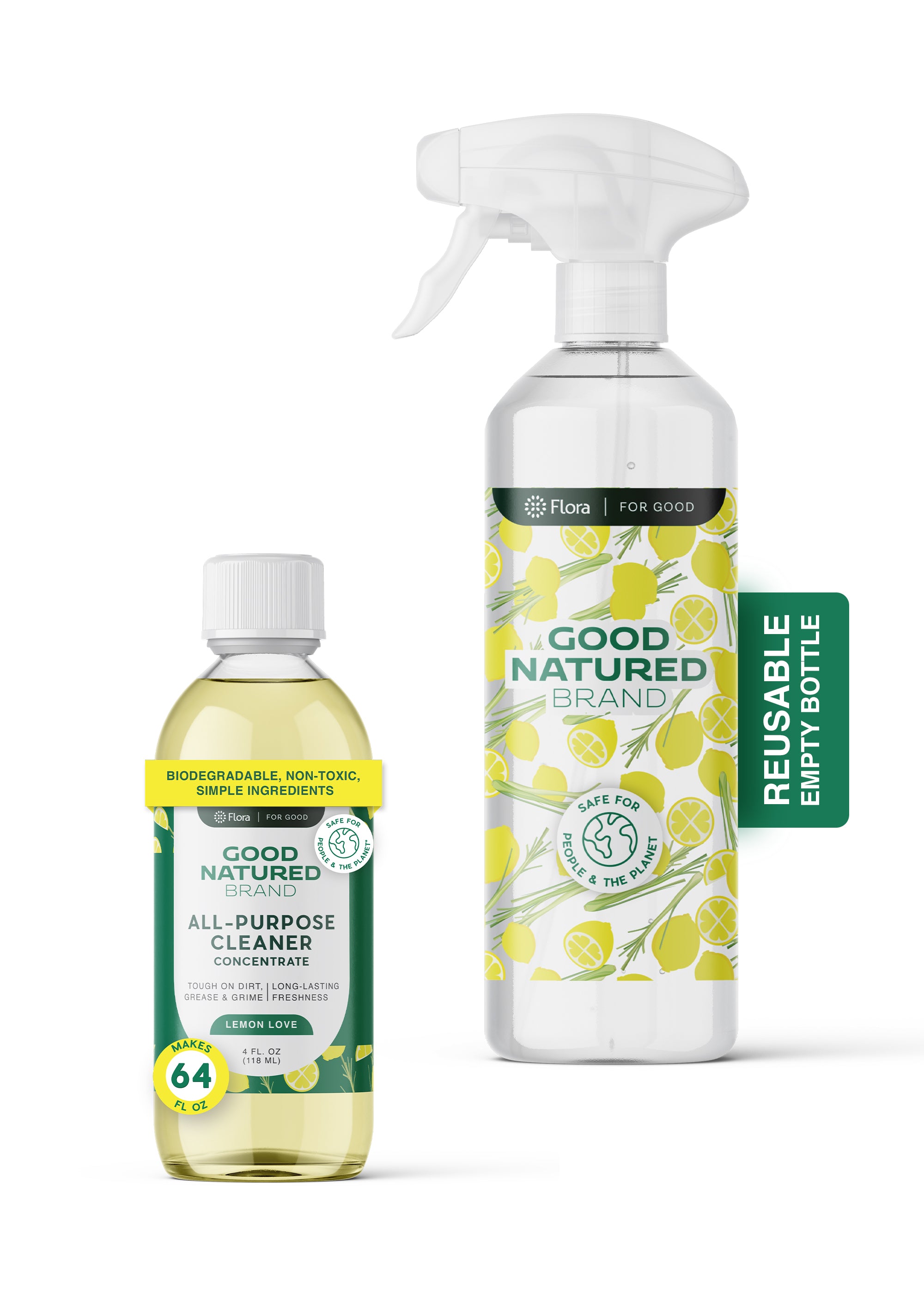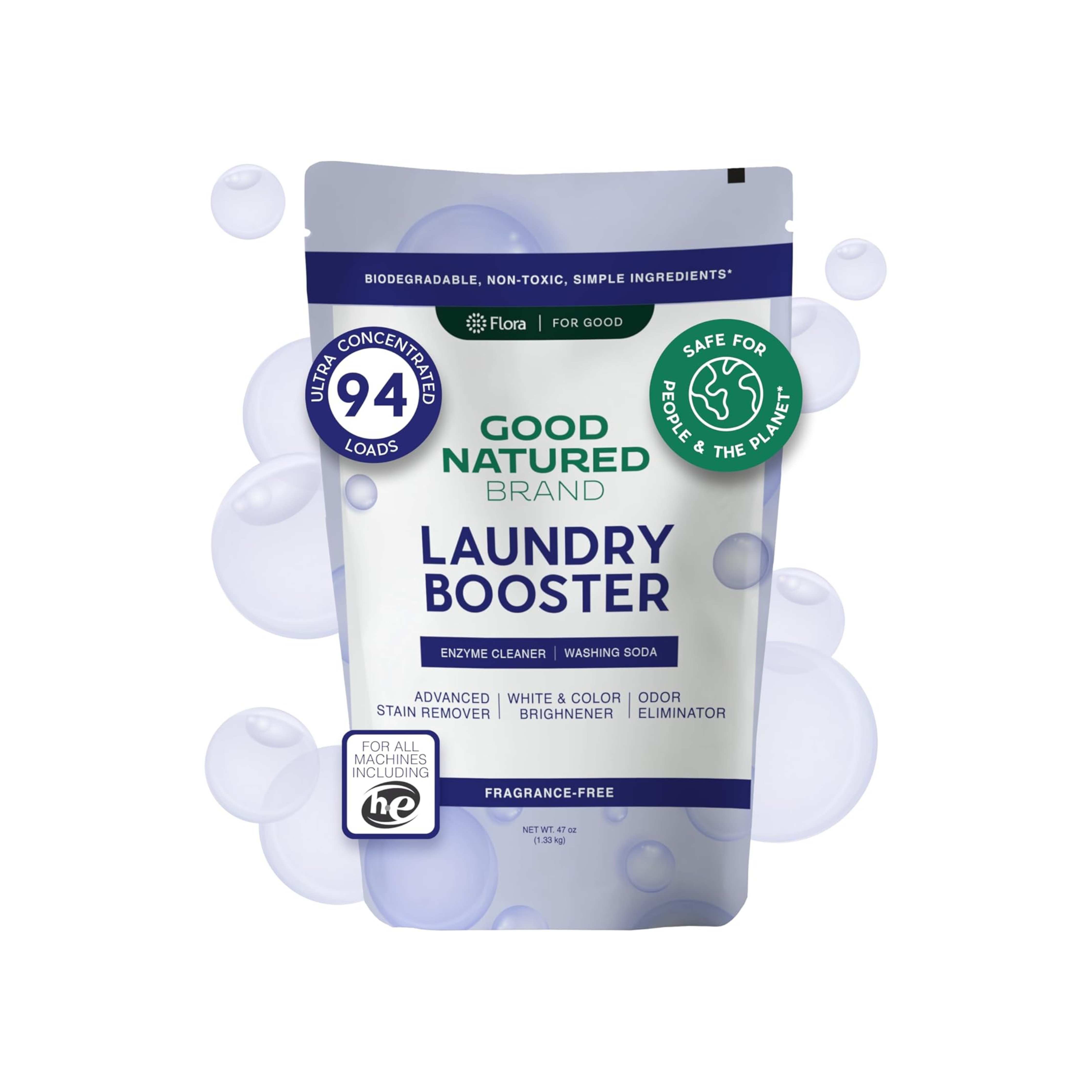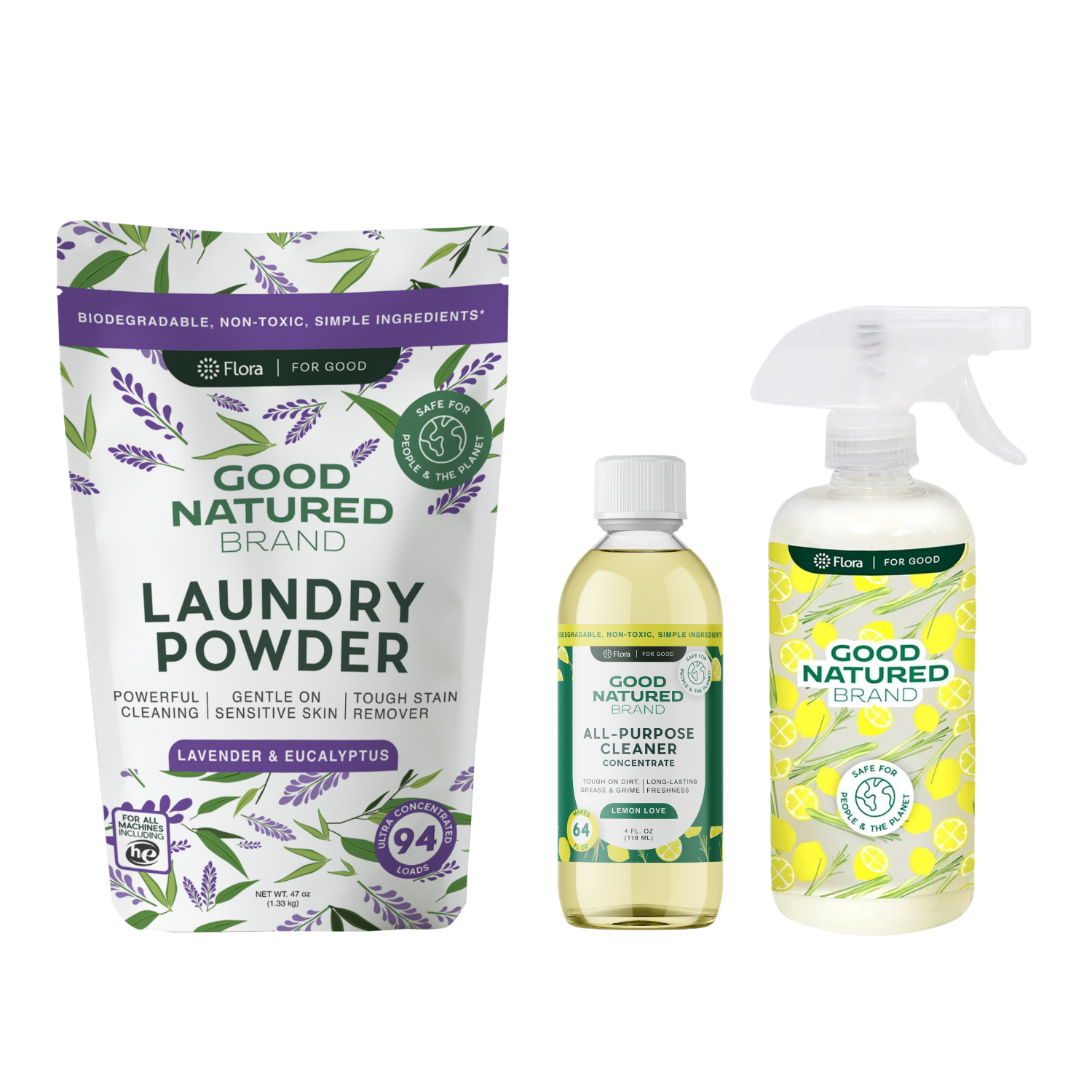Learning how to clean smarter, not harder is one of the most effective ways to reclaim your time, reduce stress, and keep your home effortlessly fresh. Instead of spending hours scrubbing, wiping, and decluttering, smarter cleaning means relying on systems, routines, and natural products that work with you—not against you. In this first part of the guide, you’ll learn the foundations of efficient cleaning, how to streamline your daily habits, and how to transform your home into a space that stays clean longer with just a fraction of the effort.
Why Learning How to Clean Smarter, Not Harder Matters for Today’s Busy Lifestyle
Modern households juggle work, chores, family, and personal time, making it more important than ever to clean efficiently. Smart cleaning is not about cutting corners. It’s about understanding what works, how often you should clean certain things, and what tools make the biggest difference. When you clean smarter, you create routines that prevent mess before it becomes overwhelming.
How Cleaning Smarter Reduces Stress and Saves Time
A home that stays cleaner with less effort brings immediate mental clarity. When surfaces sparkle, floors stay fresh, and clutter is under control, your mind feels lighter. Cleaning smarter also prevents “mess overload”—the moment when everything piles up and becomes a stressful project instead of a quick reset.
Why Traditional Cleaning Methods Make Work Harder, Not Smarter
Many people still follow outdated cleaning habits, such as deep-cleaning everything in one exhausting session or using multiple harsh products that complicate the routine. Smart cleaning focuses instead on:
-
Using fewer, more effective tools
-
Cleaning in short, manageable bursts
-
Developing habits that prevent buildup
Smart cleaning isn’t about working more; it’s about working more efficiently.
How Efficient Cleaning Improves Health and Indoor Air Quality
Cleaning smarter means choosing natural, non-toxic solutions that do more than wipe away dirt. Natural cleaning products reduce exposure to harsh chemicals and improve indoor air quality—especially important for households with pets and children.
To learn more about natural home care routines, you can explore the Good Natured Brand Blog, which offers guidance on creating a cleaner, healthier home environment.
The Core Principles Behind How to Clean Smarter, Not Harder
Before jumping into routines and strategies, it’s essential to understand the core principles that make smart cleaning work. These principles include simplifying your tools, choosing effective products, and aligning your habits with your home’s natural flow.
Working With, Not Against, Your Home’s Natural Flow
Every home has natural rhythms: times of day when the space is busiest, areas that collect clutter, and surfaces that get dirty the fastest. Cleaning smarter means identifying these patterns and choosing your cleaning approach accordingly. For example:
-
Wipe kitchen counters after meals, not hours later
-
Put away items immediately instead of letting piles grow
-
Do quick touch-up cleaning in high-traffic areas
When you clean in harmony with your home’s activity, cleaning becomes easier and more intuitive.
Building Cleaning Systems That Save Time
Smart cleaning relies on systems—simple, repeatable routines that ensure your home stays consistently clean with minimal effort. Systems may include:
-
A nightly 5-minute reset
-
A weekly schedule that targets one area per day
-
Automatic reminders for monthly deep-clean tasks
-
Strategically placed cleaning supplies for quick access
These systems prevent your cleaning workload from becoming overwhelming.
Choosing Products Designed to Help You Clean Smarter, Not Harder
One of the biggest steps toward cleaning smarter is reducing the number of cleaning products you use. Multi-purpose products eliminate the need for separate cleaners for each surface and simplify your routine significantly.
Natural, versatile solutions—such as plant-based All-Purpose Cleaners—make it easy to clean countertops, tables, doorknobs, and other surfaces without switching between multiple products. This not only saves time but also reduces storage clutter and minimizes chemical exposure.
Time-Saving Cleaning Psychology: How to Clean Smarter, Not Harder by Shifting Your Mindset
Cleaning smarter involves not only physical strategies but psychological ones. When you shift how you think about cleaning, you naturally form habits that keep your home cleaner with less resistance.
The Concept of “Minimum Effective Dose” for Cleaning
The “minimum effective dose” approach means doing just enough to maintain cleanliness without overworking yourself. Instead of deep-cleaning your entire kitchen daily, you wipe down high-impact areas such as the sink, counters, and stovetop. This keeps the space looking clean while reducing the need for constant heavy-duty scrubbing.
Using the 2-Minute Rule for Quick Cleaning Wins
If something takes less than two minutes—do it immediately. This rule is transformative because it:
-
Prevents tasks from piling up
-
Takes advantage of fast momentum
-
Keeps your home consistently tidy
Examples include wiping a countertop with an All-Purpose Cleaner, tossing pet bedding into the wash with natural Laundry Powders, or sprinkling Carpet Deodorizers after vacuuming.
Building Cleaning Momentum With Small Wins
Starting with the simplest task often builds enough momentum to finish several more. When cleaning feels less daunting, you naturally clean smarter, not harder. Momentum-based cleaning is especially helpful if you often struggle with motivation.
How to Clean Smarter, Not Harder With Better Daily Habits
Smart cleaning habits create a consistently fresh home and dramatically reduce the amount of time you spend deep-cleaning weekend after weekend. These daily habits take only minutes but deliver long-lasting results.
Micro-Cleaning vs. Deep Cleaning
Micro-cleaning refers to tiny cleaning tasks you complete throughout the day—wiping a small spill, shaking out a rug, refreshing upholstery, or dusting a shelf. These micro tasks prevent buildup and make deep cleaning easier and less frequent.
Deep cleaning, on the other hand, is necessary but doesn’t need to be done regularly if micro-cleaning is consistent. By cleaning in small bursts, you make the overall workload lighter and more manageable.
Daily Reset Routines That Keep Your Home Fresh
A daily “reset” routine—usually in the morning or evening—keeps your home functional and neat. This might include:
-
Putting items back where they belong
-
Straightening pillows and throws
-
Doing a quick wipe of kitchen counters
-
Sprinkling Carpet Deodorizers on rugs to keep them fresh
-
Swapping used dish towels and hand towels
These small actions collectively keep your home feeling perpetually clean.
Using Natural Multi-Use Cleaners to Simplify Daily Tasks
One of the most effective ways to clean smarter is by using multi-surface cleaners that work on countertops, sinks, appliances, and more. Natural All-Purpose Cleaners are ideal because they reduce the number of products you need, prevent chemical buildup, and work quickly across various surfaces.
Decluttering Habits That Teach You How to Clean Smarter, Not Harder
A cluttered home makes cleaning harder—more surfaces to dust, more items to move, more visual noise that creates stress. Smart cleaning requires smart organization.
Why Clutter Makes Cleaning Harder
Clutter traps dust, blocks airflow, and forces you to clean around piles instead of enjoying clear, easy-to-clean surfaces. Even the most effective cleaning product can’t help if clutter is blocking your cleaning path.
The “One Touch Rule” for Effortless Organization
The One Touch Rule encourages you to handle each object only once. Instead of setting something down temporarily—and then moving it again later—you put it away the first time. This reduces clutter dramatically and supports your efforts to clean smarter, not harder.
Smart Storage Tips for Faster Cleaning
Storage solutions like baskets, bins, and under-sofa containers help maintain tidiness. Designated homes for remote controls, pet toys, cleaning supplies, and throws ensure things get put away without a struggle.
Clearer spaces = easier, smarter cleaning.
How to Clean Smarter, Not Harder When Cleaning Different Rooms
Every room has its own cleaning rhythm. Learning how to approach each room smartly saves you time and energy.
Cleaning the Living Room Smarter
The living room is often the heart of the home and tends to accumulate dust, pet hair, and odors. Vacuum regularly and use natural Carpet Deodorizers to absorb lingering smells. Wipe remotes, tables, and high-touch surfaces with an All-Purpose Cleaner for quick, daily cleaning.
Cleaning the Kitchen Without Extra Work
Smart kitchen cleaning focuses on cleaning as you cook, wiping spills immediately, and maintaining organized cabinets. Keeping cleaning supplies accessible makes quick tasks even easier.
Bathroom Cleaning Shortcuts With Deep-Clean Results
Spray surfaces like sinks and faucets with natural cleaners daily to prevent grime. Doing this eliminates the need for aggressive scrubbing sessions later.
Bedroom Cleaning Habits That Work While You Sleep
Wash bedding regularly, refresh fabric throws with natural Laundry Powders, and use smart storage to minimize clutter around the bed.
The Role of Airflow and Ventilation in Helping You Clean Smarter, Not Harder
Good airflow reduces odor, moisture, and dust buildup—meaning you don’t have to clean as often.
Why Good Ventilation Reduces Cleaning Needs
Fresh air removes stale indoor particles, reduces odors, and prevents moisture-related problems like mildew.
Natural Ways to Freshen Air Without Extra Effort
Open windows, use fans, and incorporate air-purifying plants to support a naturally fresh environment without heavy cleaning demands.
How to Clean Smarter, Not Harder by Using Pet-Friendly Cleaners
Homes with pets require cleaning strategies that are both effective and safe.
Smart Cleaning With Pets at Home
Frequent vacuuming of pet hair, washing of bedding, and refreshing carpets are essential for staying ahead of odors and allergens.
Choosing Safe, Natural Products for Pet Messes
Natural All-Purpose Cleaners are ideal for surfaces your pets touch frequently. For fabrics like blankets or pet beds, natural Laundry Powders ensure a deep clean without harsh chemicals.
To learn more about pet-safe cleaning tips, you can explore the Good Natured Brand Blog for helpful guides.
How to Clean Smarter, Not Harder With the Right Tools, Products, and Techniques
Cleaning smarter starts with using the right tools—not the most expensive, but the most effective. With strategic choices and intentional routines, you’ll dramatically reduce the time and energy you spend cleaning.
Essential Tools That Support Smarter, Not Harder Cleaning
Not all cleaning tools are created equal. Some save time, improve results, and make your routine significantly easier. Smart cleaning tools include:
-
Microfiber cloths that trap dust instead of spreading it
-
A high-quality vacuum with a HEPA filter
-
Long-handle dusters for hard-to-reach areas
-
A compact organizing caddy for quick access to supplies
-
Reusable mop pads for eco-friendly efficiency
A well-equipped cleaning setup means you won’t waste time searching for supplies—and you’ll clean more effectively in fewer steps.
Tools You Don’t Actually Need
Cleaning smarter means simplifying, not complicating. Many households accumulate unnecessary supplies—multiple cleaners for different surfaces, bulky gadgets that don’t deliver results, or scented sprays that mask odors instead of eliminating them.
By cutting down on excess items, you reduce clutter, make cleaning faster, and rely on products that work across multiple areas.
How to Clean Smarter, Not Harder Using Natural Cleaning Products
Choosing the right cleaning products is one of the most important steps for working efficiently. Smart cleaning is about using fewer products that do more, and natural solutions make that process easier.
Why Fewer Products Help You Clean Faster
A streamlined cleaning arsenal eliminates decision fatigue, saves storage space, and reduces confusion. One highly effective multi-surface cleaner can replace five or more single-purpose cleaners, making it easier to grab what you need and clean without hesitation.
This is where natural, plant-powered cleaners shine—they work on a wide variety of surfaces safely and effectively.
Choosing Natural Solutions for Surfaces, Carpets, and Fabrics
Using natural cleaning products ensures your home stays fresh without harsh chemicals, especially important in homes with children and pets. Safe, non-toxic ingredients also help protect indoor air quality while still delivering powerful results.
Natural options pair perfectly with the "clean smarter, not harder" philosophy because they simplify your routine instead of complicating it.
How All-Purpose Cleaners Make Smart Cleaning Easier
A natural, multi-use surface cleaner is one of the most valuable tools for efficient cleaning. Plant-based All-Purpose Cleaners allow you to wipe countertops, floors, appliances, handles, and more—all with the same product.
This eliminates unnecessary steps in your cleaning routine and lets you move from one surface to another seamlessly.
How Carpet Deodorizers Give You Maximum Freshness With Minimal Effort
Carpets and rugs are major odor and dust collectors, and vacuuming alone isn’t always enough. Natural Carpet Deodorizers refresh fabrics instantly by absorbing unwanted odors and brightening the scent of a room.
Sprinkle, wait, vacuum—smart cleaning in under five minutes.
Laundry Powders for Smarter Fabric and Upholstery Care
Smart cleaning doesn’t stop at surfaces and floors—fabric care plays a critical role. Natural Laundry Powders lift dirt, odors, and buildup from:
-
Throw blankets
-
Pillow covers
-
Pet bedding
-
Curtains
-
Slipcovers
Using a natural powder means fresher fabrics without the heavy fragrances or chemical residues found in traditional detergents.
Cleaning Shortcuts That Still Deliver Deep-Clean Results
Cleaning smarter doesn’t mean cleaning less thoroughly; it means making meaningful impact with less effort. These shortcuts ensure your home looks and feels deeply cleaned without spending hours scrubbing.
The Layered Cleaning Method
This technique involves cleaning your home in layers—from top to bottom—to avoid re-cleaning surfaces. For example:
-
Dust ceiling fans, shelves, and décor
-
Wipe surfaces with an All-Purpose Cleaner
-
Vacuum floors
-
Finish with Carpet Deodorizers
One clean, efficient flow. No wasted steps.
The 10–10–10 Speed Cleaning Formula
This fast-cleaning technique focuses on impact:
-
10 minutes decluttering
-
10 minutes surface cleaning
-
10 minutes vacuuming or refreshing carpets
Perfect for busy days, unexpected guests, or weekly resets.
The High-Impact Zone Approach
Instead of deep-cleaning your entire home, focus on high-impact areas such as:
-
Entryways
-
Kitchens
-
Living room centers
-
Bathroom counters and sinks
Cleaning smarter means prioritizing the spaces that influence how clean your home feels.
How to Clean Smarter, Not Harder With Weekly and Monthly Routines
Consistent routines keep your home fresh and prevent overwhelming cleaning sessions. Smart cleaning is always easier when you follow a predictable rhythm.
Weekly Smart Cleaning Checklist
A weekly routine keeps your home in equilibrium. Tasks may include:
-
Vacuuming and applying Carpet Deodorizers
-
Wiping down surfaces with natural All-Purpose Cleaners
-
Washing throw blankets or pillow covers with gentle Laundry Powders
-
Emptying all trash cans
-
Dusting key surfaces
Following the same checklist each week saves time because your home never gets too far out of balance.
Monthly Reset for Better Long-Term Cleanliness
A monthly reset is your opportunity to handle deeper tasks without burning out:
-
Wash curtains
-
Clean windows
-
Scrub refrigerator shelves
-
Vacuum under and behind furniture
-
Wash pet bedding with Laundry Powders
By tackling these tasks monthly, they never spiral into overwhelming projects.
Seasonal Smart Cleaning Strategies
Each season brings different cleaning needs. Seasonal resets may include:
-
Spring: Decluttering and deep dusting
-
Summer: Humidity control and odor prevention
-
Fall: Preparing fabrics and carpets for cooler weather
-
Winter: Air quality management and extra fabric care
These shifts keep your home in harmony with nature and prevent unpredictable messes.
How to Clean Smarter, Not Harder With Fabric and Upholstery Care
Fabric items tend to collect dust, hair, and odors faster than hard surfaces. Learning to maintain fabric smartly keeps your home fresh without constant washing.
Smarter Sofa Care
Vacuum sofas weekly using upholstery attachments and refresh cushions with Carpet Deodorizers to eliminate trapped odors. This reduces the need for time-consuming deep cleaning.
Refreshing Curtains, Rugs, and Throws Without Heavy Work
Most fabric items don’t need frequent washing. Instead:
-
Shake out rugs outdoors
-
Air out curtains in sunlight
-
Use a quick spritz of natural cleaner
-
Refresh fabrics using Laundry Powders on wash days
These methods give fabrics extended freshness with minimal effort.
Laundry Powders for a Cleaner, Fresher Home
Natural, biodegradable Laundry Powders effectively wash away dirt, pet odors, and buildup from household fabrics, helping your home stay cleaner between deep cleans.
Odor Control Techniques That Help You Clean Smarter, Not Harder
Effective odor management is a major part of maintaining a fresh home. Smart cleaning focuses on eliminating odors at the source.
Natural Odor Neutralization
Avoid artificial sprays and fragrances. Instead, use:
-
Sunlight
-
Fresh air
-
Baking soda
-
Natural Carpet Deodorizers
-
Plant-based All-Purpose Cleaners
These methods ensure your home stays fresh without synthetic masking.
Preventing Odors Before They Begin
Smart prevention habits include:
-
Washing pet items with natural Laundry Powders
-
Vacuuming weekly
-
Deodorizing carpets regularly
-
Cleaning garbage bins monthly
Prevention is the key to eliminating the need for heavy cleaning later.
How Carpet Deodorizers Support Smarter Cleaning
Because carpets absorb the most odors, spruce them up with Carpet Deodorizers weekly to keep your entire home smelling naturally fresh.
How to Clean Smarter, Not Harder by Using Technology
Tech tools make maintaining a clean home easier than ever.
Smart Cleaning Devices Worth Considering
-
Robot vacuums
-
Electric scrub brushes
-
Automatic mops
-
Smart air purifiers
These help you maintain cleanliness with minimal manual effort.
Using Digital Cleaning Planners and Apps
Apps can remind you of weekly and monthly cleaning tasks, reducing stress and ensuring consistency.
Eco-Friendly Habits That Help You Clean Smarter, Not Harder
Smart cleaning aligns naturally with eco-conscious living.
Using Green Products to Reduce Workload
Natural products do more than clean—they support your health and reduce chemical buildup. The Good Natured Brand Blog offers excellent guides on natural cleaning if you want to expand your eco-friendly habits.
Why Natural Cleaning Is Often More Efficient
Natural products don’t leave residue behind, meaning surfaces stay cleaner longer. This reduces how often you need to deep-clean, helping you work smarter.
How to Clean Smarter, Not Harder With Kids, Pets, and a Busy Household
A busy home doesn’t have to be a messy home.
Creating Family-Friendly Cleaning Systems
Assign small tasks to everyone—quick wins like picking up toys or wiping surfaces build responsibility and reduce your workload.
Teaching Kids Smart Cleaning Skills Early
Kids can learn the 2-minute rule, the one-touch rule, and the habit of putting items back where they belong.
Maintaining Cleanliness in Multi-Pet Homes
Use All-Purpose Cleaners for frequent touch-ups, refresh pet bedding using Laundry Powders, and deodorize carpets with Carpet Deodorizers.
Final Thoughts: Cleaning Smarter Leads to a Happier Home
Cleaning smarter, not harder isn’t a trend—it’s a lifestyle shift that saves time, reduces stress, and makes home care enjoyable. By choosing natural products, building smart routines, using the right tools, and embracing simple habits, you create a home that looks good, feels fresh, and stays clean with minimal effort.
